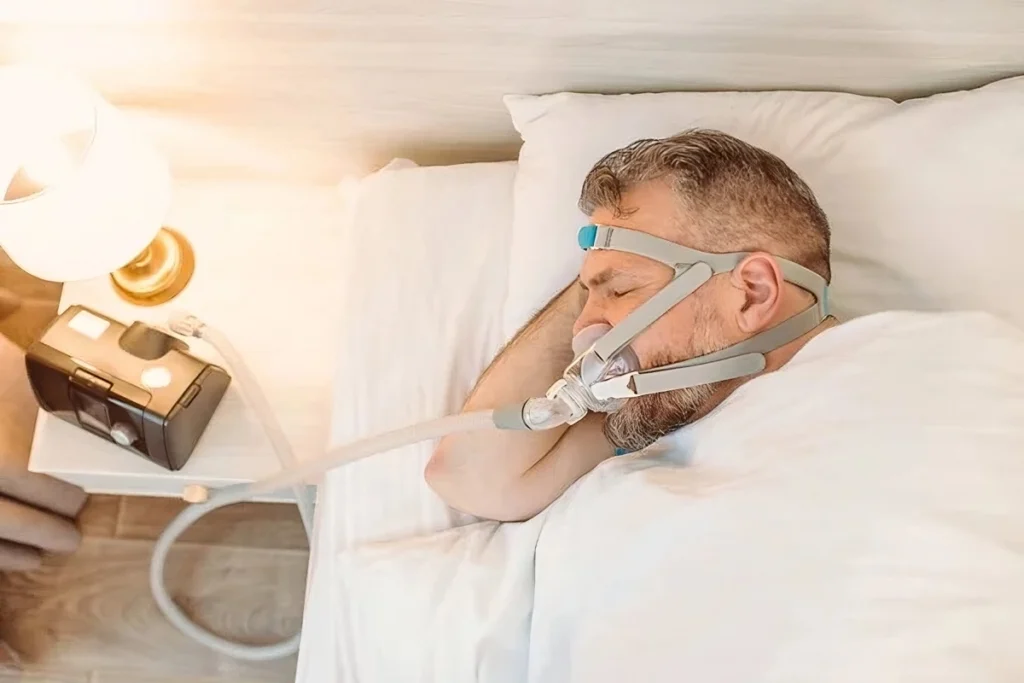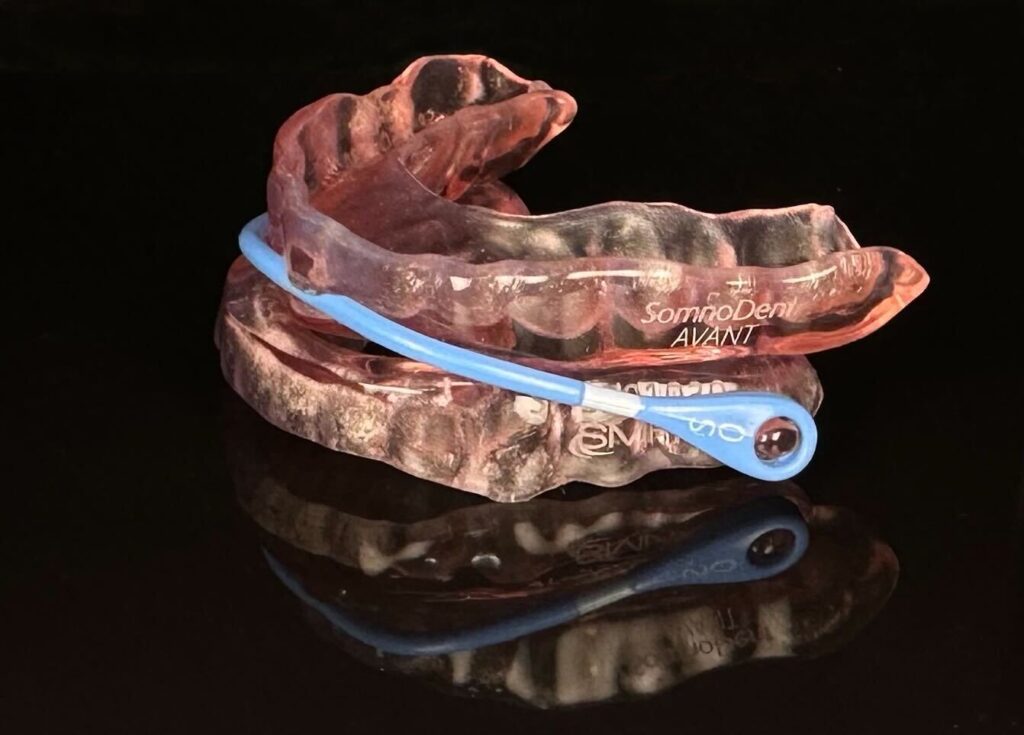If you use a CPAP machine for sleep apnea, you might wake up with a dry mouth. This can be uncomfortable and even lead to other problems like bad breath, sore throat, or difficulty speaking in the morning. Luckily, there are several ways to prevent and treat dry mouth while using a CPAP machine. Dr. Luke Bauserman of Better Sleep MOV has answered some common questions about dry mouth and CPAP therapy.
Why Does CPAP Cause Dry Mouth?
Dry mouth happens when there isn’t enough saliva in your mouth to keep it moist. If you use a CPAP machine and wake up with a dry mouth, it could be because:
- You are breathing through your mouth instead of your nose.
- Your CPAP mask isn’t fitting properly, allowing air to escape.
- Your CPAP humidifier isn’t set to the right level.
- Your nose is blocked, forcing you to breathe through your mouth.
Now, let’s go over the best ways to prevent and treat dry mouth from CPAP use.
How Do I Stop My Mouth from Drying with CPAP?
The most effective way to treat dry mouth from a CPAP machine is to add moisture to the air you breathe. Here are some key solutions:
1. Use a Heated Humidifier
Many CPAP machines come with a built-in humidifier. This device adds moisture to the air, making it less likely to dry out your mouth and throat. Make sure your humidifier is turned on and set to the right level. If you’re still experiencing dry mouth, try increasing the humidity setting.
2. Adjust Your CPAP Mask Fit
If your mask doesn’t fit properly, air might be leaking, which can make your mouth dry. Check for air leaks by:
- Making sure the mask sits snugly on your face.
- Trying a different size or style of mask.
- Replacing old or worn-out mask cushions.
3. Use a Chin Strap
A chin strap wraps around your head and keeps your mouth closed while you sleep. This can help if you tend to breathe through your mouth instead of your nose.
4. Stay Hydrated
Drinking plenty of water throughout the day can help keep your mouth moist. Aim for at least 8 glasses of water daily and avoid alcohol or caffeine before bed, as they can make dry mouth worse.
5. Check Your Nose for Blockages
If your nose is congested, you may be breathing through your mouth without realizing it. Using a saline nasal spray or a nasal decongestant before bed can help open up your airways and reduce mouth breathing.
How Do I Keep My Mouth Closed When I Sleep with CPAP?

Keeping your mouth closed while using a CPAP machine is important for preventing dry mouth. Here are some ways to do that:
1. Use a Full-Face Mask
If you find it difficult to keep your mouth closed, consider switching to a full-face mask. This type of mask covers both your nose and mouth, ensuring that you still receive proper airflow even if your mouth opens during sleep.
2. Try Mouth Tape
Some people use a small piece of medical tape to gently keep their lips closed. This can encourage nasal breathing and prevent air from escaping through your mouth.
3. Practice Breathing Through Your Nose
Training yourself to breathe through your nose can be helpful. Try:
- Practicing deep nasal breathing exercises during the day.
- Using nasal strips to open up your nasal passages at night.
Can a CPAP Dehydrate You?
A CPAP machine itself doesn’t cause dehydration, but it can lead to dry mouth, which might feel like dehydration. If you wake up feeling parched, try increasing your CPAP humidifier setting and drinking more water during the day.
Is There an Alternative to CPAP for Sleep Apnea?
Yes! If CPAP therapy isn’t working well for you or if dry mouth continues to be a problem, you might consider oral appliance therapy as an alternative.
What is an Oral Appliance?
An oral appliance is a custom-made device that looks similar to a mouthguard or retainer. It fits inside your mouth and helps keep your airway open while you sleep. Oral appliances can be a great option for people with mild to moderate sleep apnea who don’t tolerate CPAP machines well.
How Can an Oral Appliance Help with Dry Mouth?

- It keeps your mouth closed naturally, reducing air leaks and dry mouth.
- It helps position your jaw properly, preventing airway collapse.
- It allows you to breathe through your nose, which is the healthiest way to breathe during sleep.
If you’re interested in an oral appliance, talk to your sleep doctor or a dentist who specializes in sleep apnea treatment. They can help determine if you’re a good candidate for this therapy.
Final Thoughts
Dry mouth from CPAP use is a common problem, but it can be managed with the right solutions. By using a heated humidifier, adjusting your mask, staying hydrated, and keeping your mouth closed while you sleep, you can reduce dry mouth and get a better night’s sleep.
If CPAP isn’t working for you, oral appliance therapy could be a great alternative. Speak with a sleep specialist to find the best option for your needs. Getting the right treatment will help you sleep comfortably and wake up feeling refreshed!
Take Our Free Sleep Quiz!
If you would like to try an alternative to CPAP, you can take our free online sleep quiz to see if you qualify for an oral appliance. If you do qualify, reach out to Dr. Luke Bauserman of Better Sleep MOV to take the next steps in finding a solution for your sleep apnea and dry mouth!
